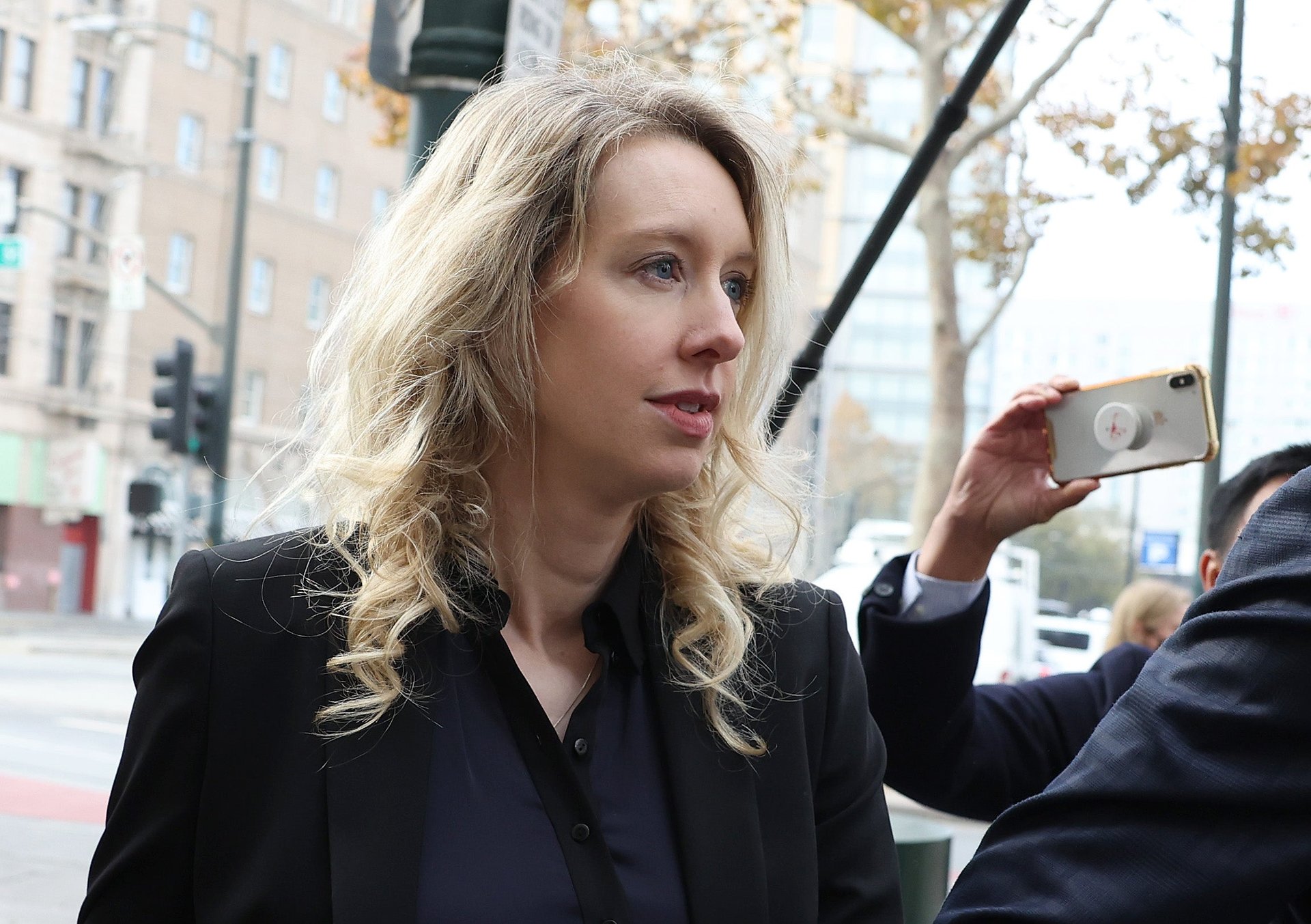Theranos founder Elizabeth Holmes' fraud conviction is upheld by an appeals court
The court rejected her appeal and upheld a restitution order of $452 million for misleading investors about the blood-testing startup's capabilities

A three-judge panel in San Francisco denied the conviction appeal of Elizabeth Holmes on Monday, the founder of the blood-testing company Theranos.
Suggested Reading
Holmes was sentenced to 11 years in prison in 2022 for defrauding investors by misleading them about the capabilities of her company’s technology.
Related Content
The 9th U.S. Circuit Court of Appeals upheld the fraud convictions and sentences of Holmes and her former boyfriend, Ramesh “Sunny” Balwani, along with a $452 million restitution order. Balwani, who helped run Theranos, was sentenced to nearly 13 years in prison.
Holmes founded Theranos in 2003, when she was 19 years old, with the aim of revolutionizing blood testing. She claimed that Theranos had developed a device that could run dozens of tests on blood drawn from a single pinprick.
The company raised $700 million from big-name investors, including former U.S. Secretary of Education Betsy DeVos, media mogul Rupert Murdoch, and the heirs of Walmart (WMT) founder Sam Walton. The startup was once valued at $9 billion. However, an exposé by Wall Street Journal (NWSA) reporter John Carreyrou revealed that Theranos’ blood tests failed to meet the company’s claims.
Attorneys for Holmes and Balwani argued that legal errors regarding witness testimonies and evidence presented in court tainted their separate trials. For example, Holmes’ attorneys argued that Judge Edward Davila, who presided over Holmes’ original trial, unfairly allowed former Theranos scientist Kingshuk Das to give expert testimony before the jury about his opinions on Theranos’ technology.
However, the three-judge appeals panel rejected those claims, ruling that any errors were “harmless” and that the parties’ arguments failed to prove a violation.
Holmes’s story, which became a cautionary tale about blind trust in charismatic Silicon Valley founders, became a pop culture sensation, inspiring a best-selling book by Carreyrou, documentaries from ABC and HBO exploring her rise and fall, and a Hulu (DIS) series that dramatized it.
- Melvin Beckman contributed to this report.